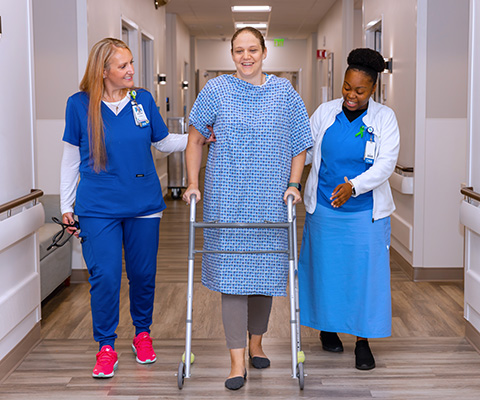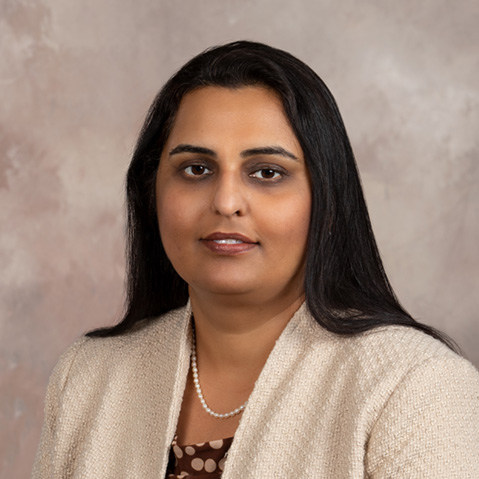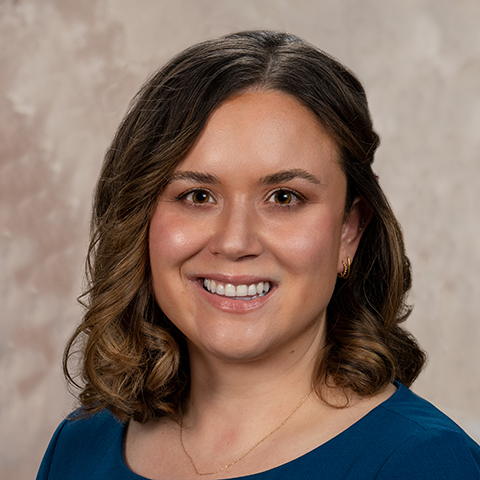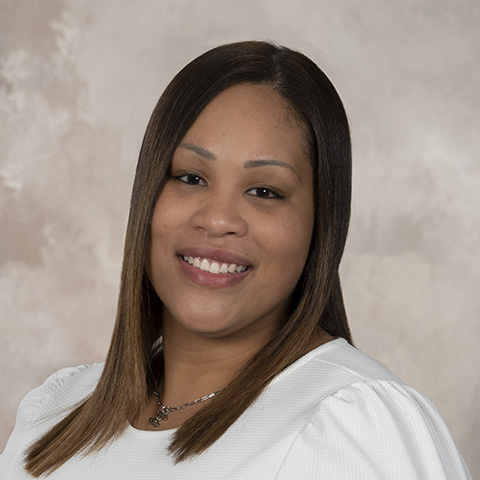Cervical Cancer
What is cervical cancer?
Cervical cancer begins in the cervix which is the lower portion of a woman's uterus connected to her vagina. Cancerous cells on the cervix's surface are where the majority of cervical cancers start. Women can develop cancer between the ages of 20 and 65 years old.
In the past, women's deaths from cervical cancer were among the most common. However, since screening tests became readily accessible, things have changed. The HPV vaccine has also helped decrease the number of patients over the years.
What are the symptoms of cervical cancer?
Because cervical cancer typically doesn't present symptoms until later stages, many women with the disease are unaware of their condition when it first arises. When symptoms do emerge, they might easily be confused with common diseases like menstruation and urinary tract infections (UTIs).
Typical cervical cancer symptoms are:
- Unusual bleeding, such as between cycles, after sex, or after menopause
- Vaginal discharge that appears or smells different
- Pelvic pain that makes urinating painful
How often should I get a cervical cancer screening?
Women should be screened every three years with a Pap test and every five years with HPV testing. Women with certain risk factors may need more frequent screening. Talk with your doctor about a cervical cancer screening if you suspect symptoms.
What are the risk factors?
The CDC has reported almost all cervical cancers are caused by the HPV virus. It is important to note that not every HPV infection is destined to become cervical cancer. It is transmitted from sex and usually does not show symptoms. For some women, the virus will go aware before developing into cervical cancer.
Having some of these risk factors does not equate to having cervical cancer. The risk factors for cervical cancer include:
- HPV
- Family history of cervical cancer
- Multiple sexual partners
- Having three or more pregnancies
- Obesity
-
-
Richard M. Schulze Family Foundation Cancer Clinic - Bonita Health Center
3501 Health Center Blvd Estero, FL 34135
Cervical Cancer Care Support Services
When facing a cancer diagnosis, it's crucial to have access to cancer support services. We are committed to being your trusted partner throughout your cancer journey, offering a wide range of services tailored to meet your unique needs.
-
Cancer Support Groups
Cancer support groups are gatherings that provide a secure environment for those impacted by the disease to talk about their feelings and experiences with other cancer patients.
-
Gynecology
Comprehensive gynecological and reproductive care. Lee Health's hub for gynecological care in SWFL.
-
Women's Health
Navigate women's health services across our health-system. Lee Health's hub for women's health in SWFL.
Click 'show more' to view all physicians
















